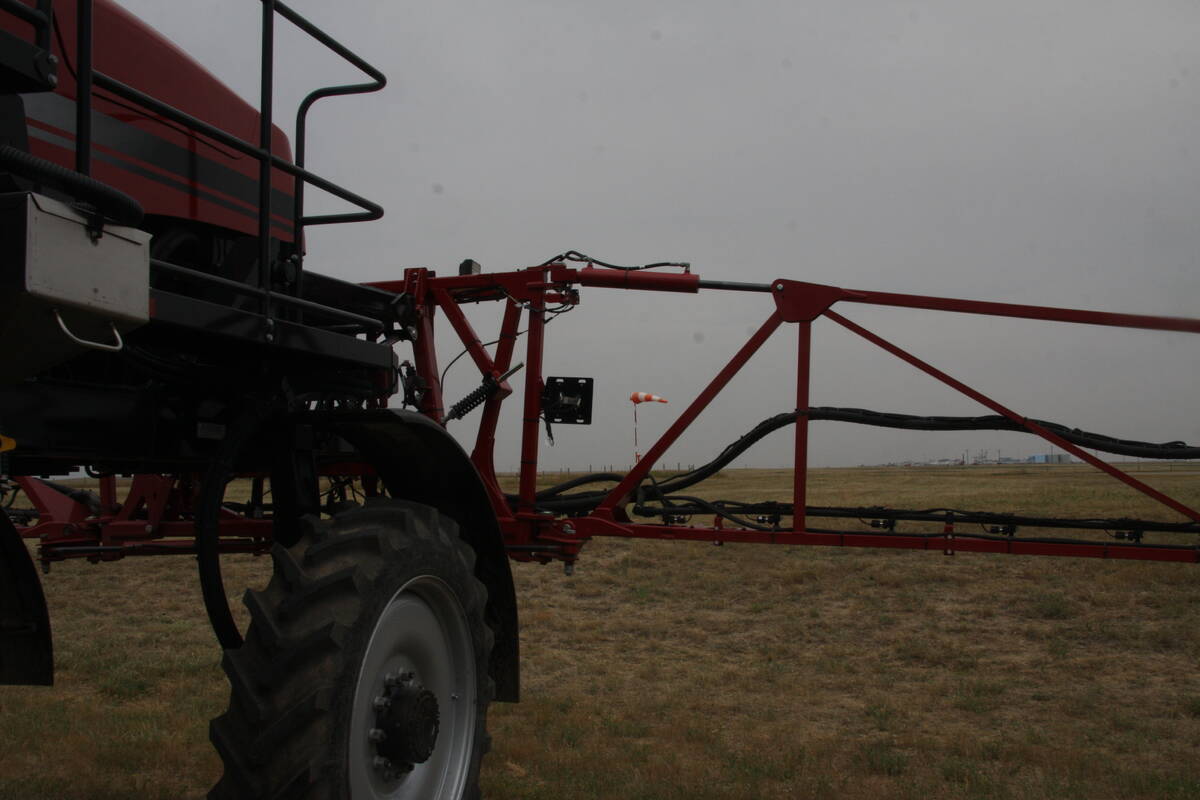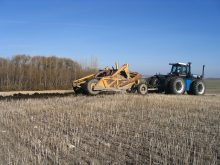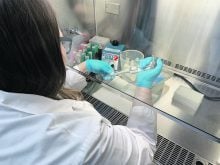HANOVER, Germany — A pair of family businesses built around engineering found their cultures a good match for partnering in farm equipment.
Both Claas and Liebherr have a strong history in engineering that has developed over decades from a dedicated family base.
That reliable family structure remains solid in both companies to this day, albeit a few generations down the line.
Claas was founded in 1913 by the Claas brothers — August, Theo and Franz — originally producing straw binders but later developing a strong knotting system to tie bales.
Read Also

More work wanted on removing red tape
REGINA — Canadian farmers risk falling further behind competitors if two main federal agencies don’t become more efficient and responsive…
August’s son, Helmut, 90, was the managing partner of the Claas Group for many years and was on hand to unveil the new Torion models at Agritechnica last year.
In 1958, Helmut Claas entered his parents’ family firm in Harsewinkel, a German town now known regionally as Combine City, and was appointed director of the engineering department four years later.
Helmut was responsible for a number of innovations that put Claas on the map, including the Dominator combine developed in 1970.
The Lexion was then developed, also in Helmut’s era, and was considered as the most advanced and capable combine harvester worldwide when it came to market.
In 2003 Claas took over the Renault Agriculture tractor division and expanded its offerings to producers.
Today, Claas remains a family business with Helmut’s daughter, Cathrina Claas-Mühlhäuser, leading the corporate group as chair of the supervisory board.
Claas employs around 11,500 workers worldwide and reported sales of $5.9 billion in 2015.
Liebherr is also a family business that started in Germany in the late 1940s when Hans Liebherr recognized the need for tools and machinery for the construction industry.
He worked with design engineers and tradesmen to develop the TK10 in 1949, which was the company’s first mobile tower crane.
This started the Liebherr company on its journey to develop construction machines and a spin-off venture into refrigerators.
Today, the Liebherr group has manufacturing bases in a number of countries and remains family operated.
At the end of 2016 the group employed 42,308 people and had a turnover of slightly more than $13.9 billion, the third-highest turnover in the group’s history.
Claas-Mühlhäuser said at the launch of the new jointly built Torion agricultural wheel loader that the companies’ cultures around investment in innovative ideas, “whether it’s good or bad times in the market,” help to make the partnership “an easier choice to make.”
















